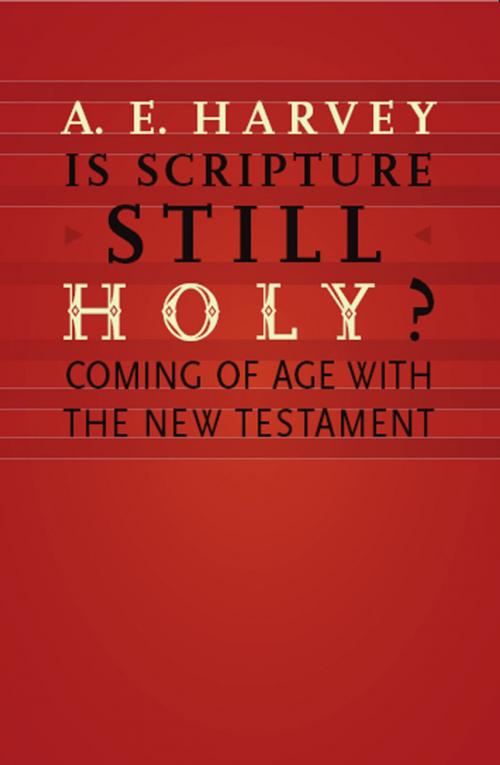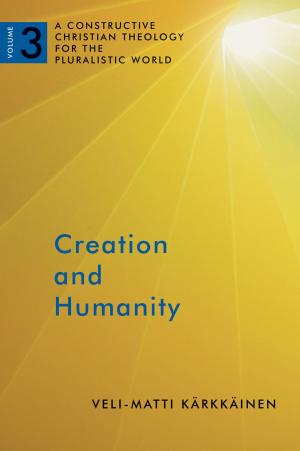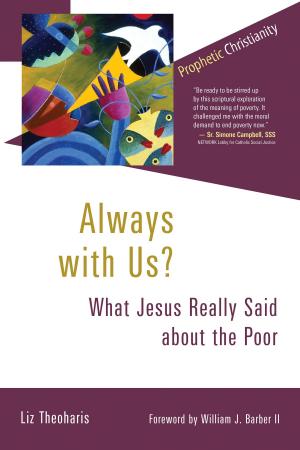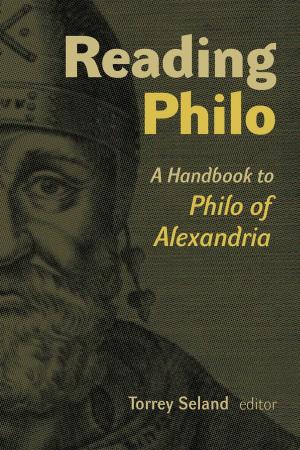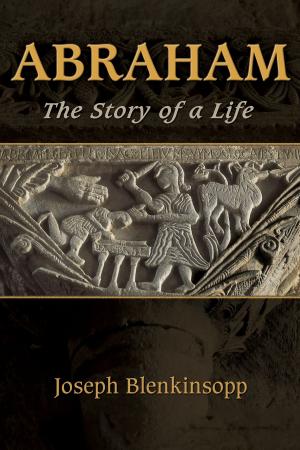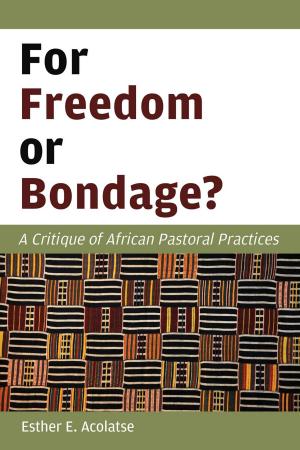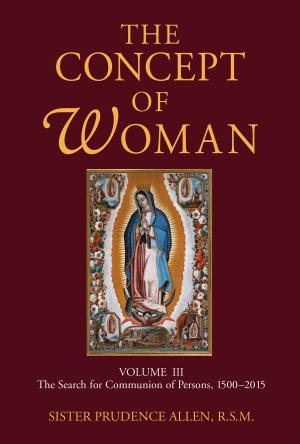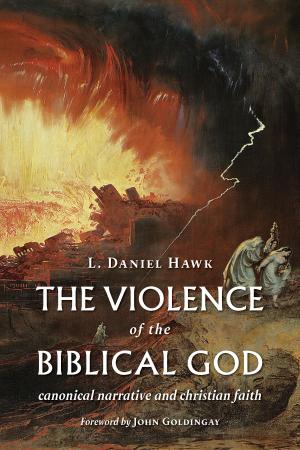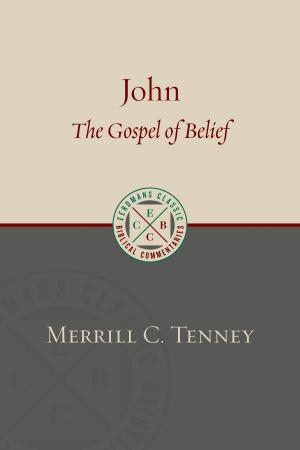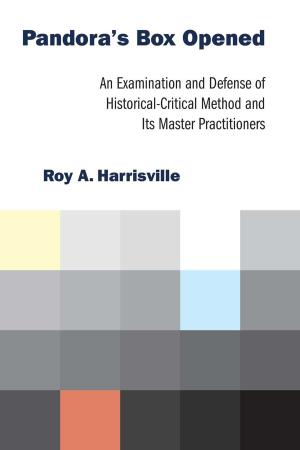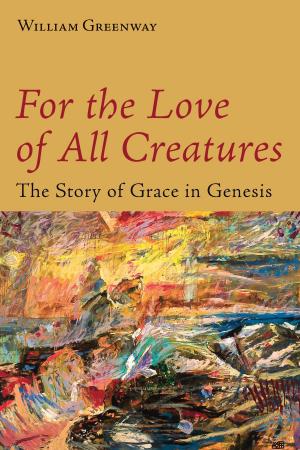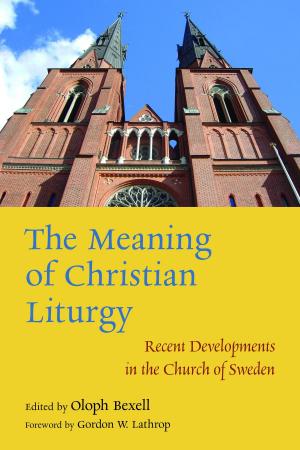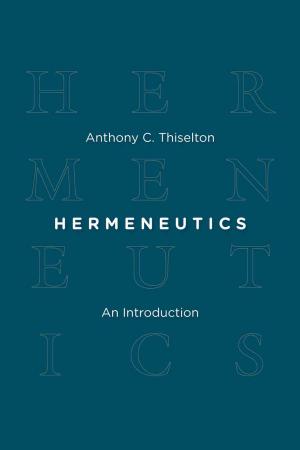Is Scripture Still Holy?
Coming of Age with the New Testament
Nonfiction, Religion & Spirituality, Bible & Bible Studies, New Testament, Criticism & Interpretation, Study| Author: | A. E. Harvey | ISBN: | 9781467436939 |
| Publisher: | Wm. B. Eerdmans Publishing Co. | Publication: | November 9, 2012 |
| Imprint: | Eerdmans | Language: | English |
| Author: | A. E. Harvey |
| ISBN: | 9781467436939 |
| Publisher: | Wm. B. Eerdmans Publishing Co. |
| Publication: | November 9, 2012 |
| Imprint: | Eerdmans |
| Language: | English |
In this volume A. E. Harvey asks, Is the notion of "Holy Scripture" still credible? In particular, in the light of modern critical study and postmodern literary theory, does the New Testament still qualify as a "holy" book?
Arguing that the New Testament must continually subject its credentials to examination for historical reliability, internal consistency, and general plausibility, Harvey tests the Bible's historical credibility and plausibility in seven concise chapters. In dialogue with historical criticism, he compares the New Testament to other ancient documents, examines its presentation of Jesus, and considers the New Testament's validity as a moral guide in the twenty-first century.
Harvey's careful examination leads him to conclude that a good case can still be made for the New Testament's authority and "holiness," subject to continual reassessment in the light of further advances in understanding and criticism.
In this volume A. E. Harvey asks, Is the notion of "Holy Scripture" still credible? In particular, in the light of modern critical study and postmodern literary theory, does the New Testament still qualify as a "holy" book?
Arguing that the New Testament must continually subject its credentials to examination for historical reliability, internal consistency, and general plausibility, Harvey tests the Bible's historical credibility and plausibility in seven concise chapters. In dialogue with historical criticism, he compares the New Testament to other ancient documents, examines its presentation of Jesus, and considers the New Testament's validity as a moral guide in the twenty-first century.
Harvey's careful examination leads him to conclude that a good case can still be made for the New Testament's authority and "holiness," subject to continual reassessment in the light of further advances in understanding and criticism.
